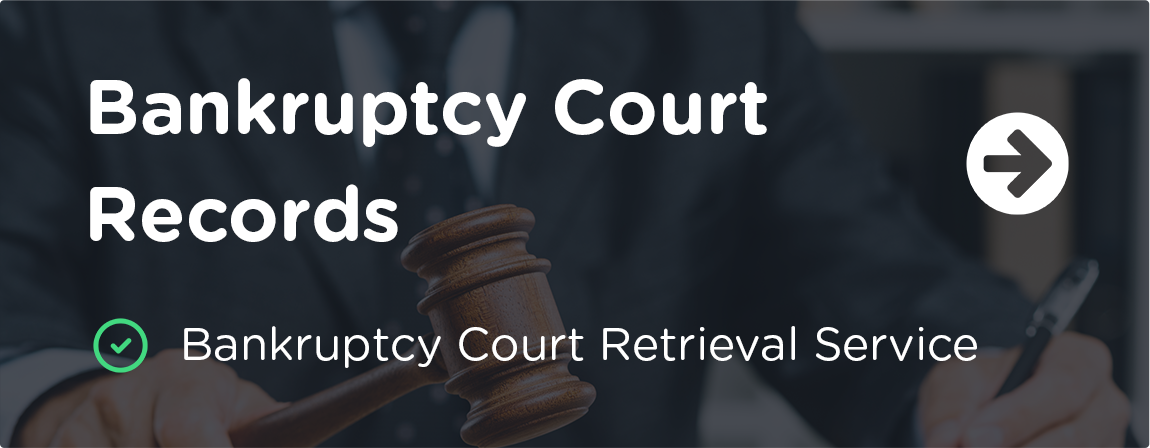Why the Meeting of Creditors Isn't as Scary as It Sounds
September 22, 2020 in
Bankruptcy
 5 min read
5 min read
The meeting of creditors is the one thing that all bankruptcy cases in the United States have in common. The Bankruptcy Code requires that this meeting, sometimes also called the 341 meeting or the creditors meeting, happens about a month after the bankruptcy petition is filed with the court.
It has a pretty scary sounding name and as a result often represents the most stressful part of the case for the debtor - whether they are filing with the help of a bankruptcy lawyer or not. In reality, it is typically nothing more than a formality and creditors rarely show up. Instead, most 341 meetings involve only the person who filed bankruptcy and the case trustee.
In a Chapter 7 bankruptcy, the trustee has three primary goals for this meeting:
First, they have to verify the debtor's identity by checking their picture ID and acceptable proof of social security number. If a debtor does not have these identity documents for their meeting, a new meeting date is scheduled as trustees cannot hold the meeting without this information.
Second, they have certain questions that they have to ask every single debtor they meet. These questions are primarily geared towards making sure that the person sitting in front of them provided a true and accurate picture of their financial situation in their bankruptcy forms.
Third, they have to see if any creditors are in attendance and wish to ask the debtor questions. As noted above, this rarely happens in the typical consumer bankruptcy case.
So, why are creditors invited in the first place?
To give them an opportunity to ask the debtor some questions while they are under oath and on the record (an audio recording is made of every 341 meeting) without having to schedule a separate meeting (called a deposition). Since the trustee's time for these meetings is limited (usually there's about 6 cases scheduled for a 30 minute time slot), creditors can't use this as a fishing opportunity and their questions are generally limited to the debt they're owed and the information in the bankruptcy forms.
What if a creditor does show up to my meeting?
First of all, do not panic. Just because they have questions for you today doesn't mean that you should not have filed bankruptcy in the first place. Secondly, take a deep breath and answer their questions honestly and succinctly. That's all. Then go home and make sure you have the deadline for creditors to object to your discharge marked on the calendar. That way, you know exactly when you can stop worrying.

 PREVIOUS
PREVIOUS


